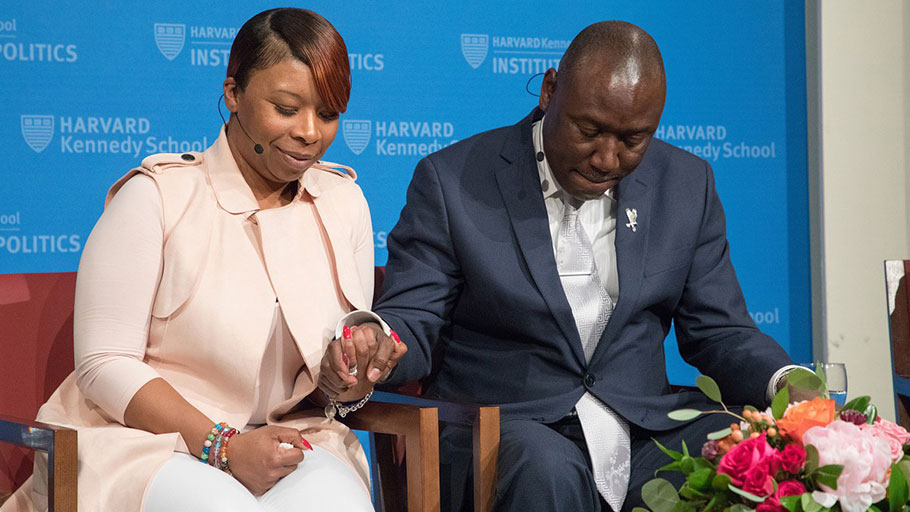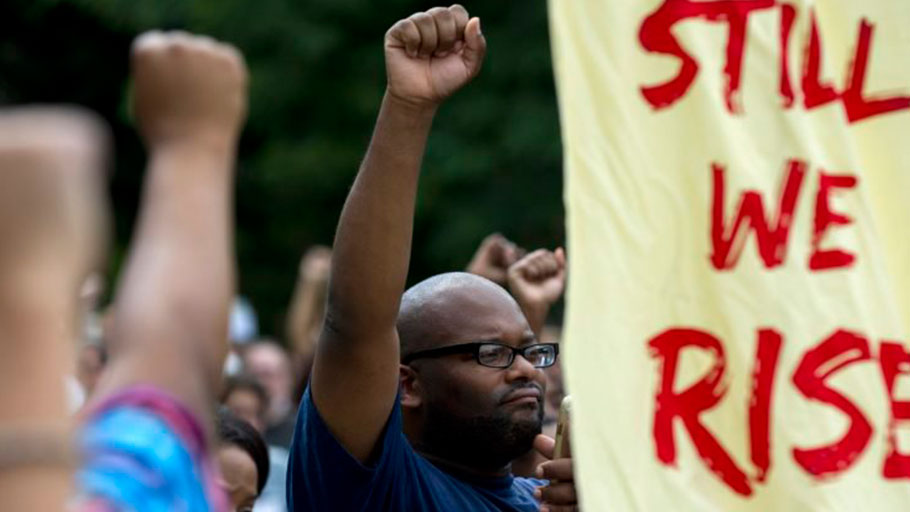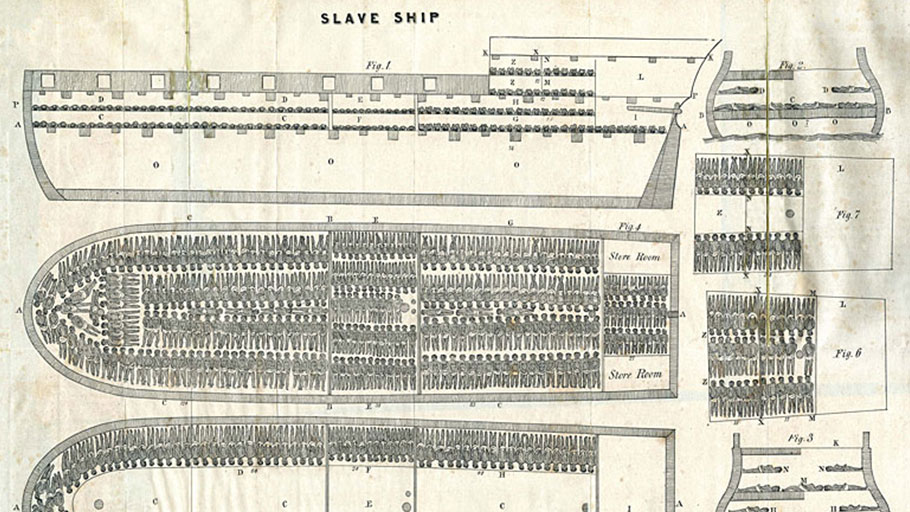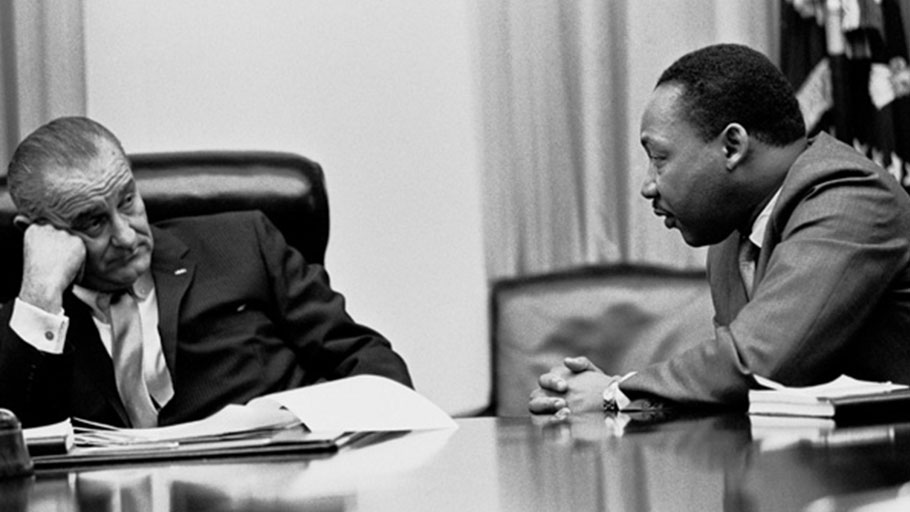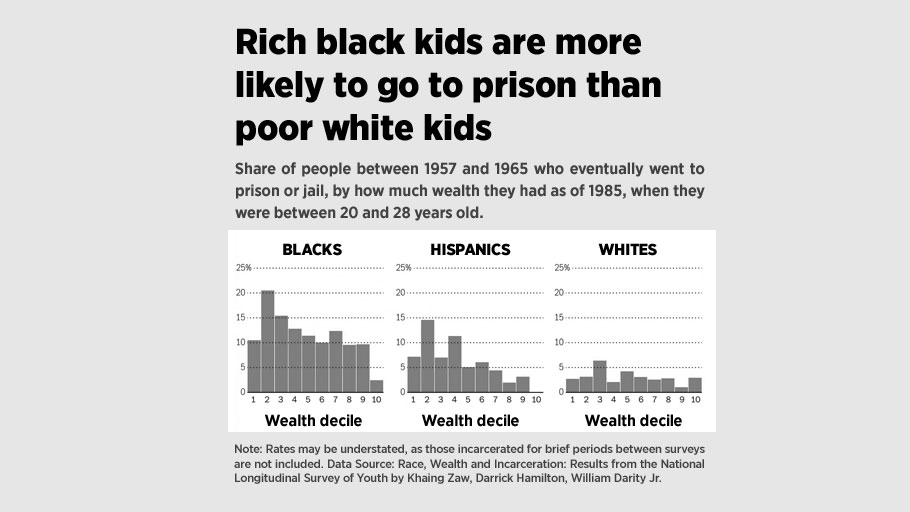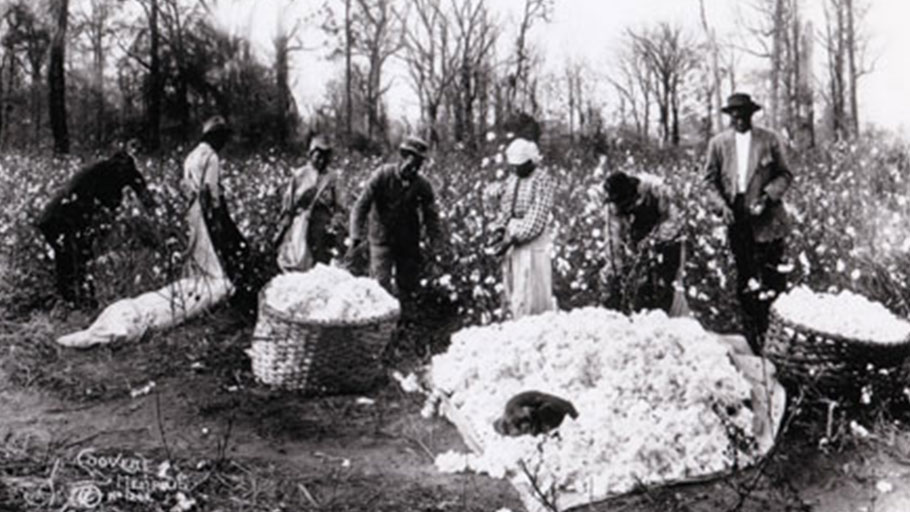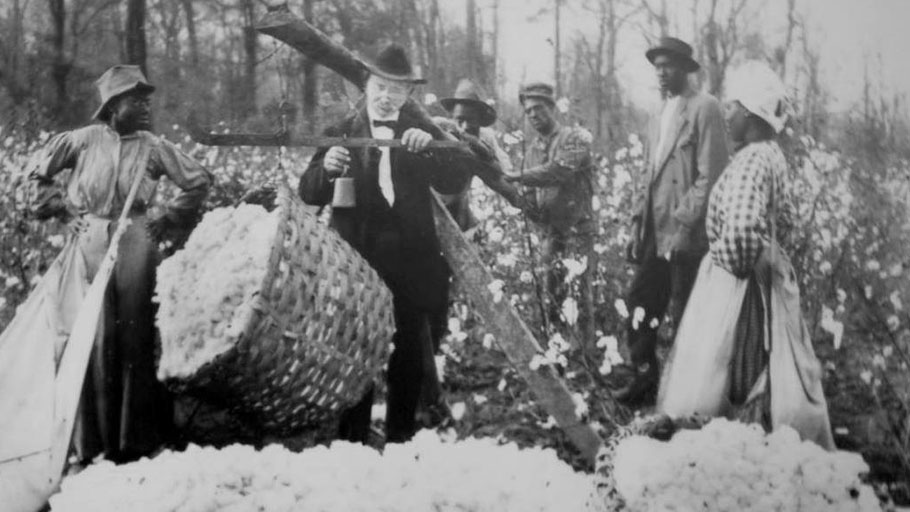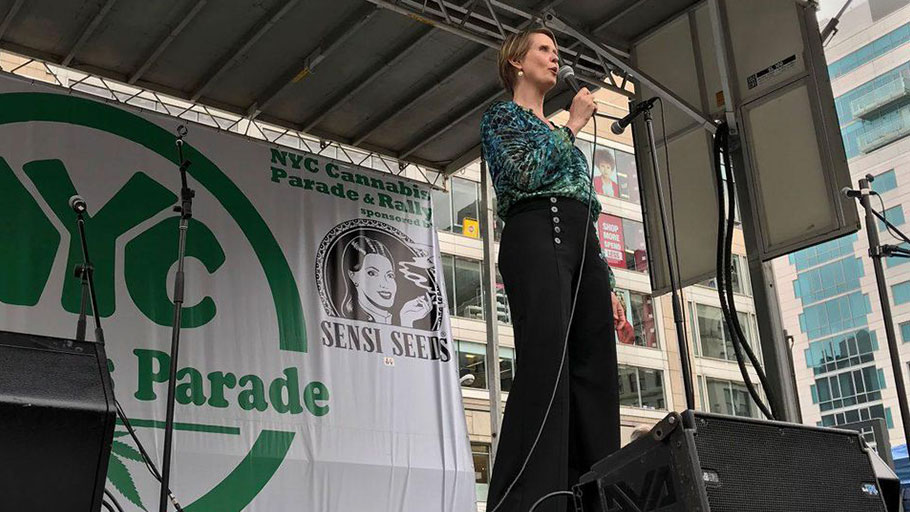
By Mona Zhang — “I don’t know whether you heard this or not, but I want to legalize cannabis in New York state,” said Cynthia Nixon on Saturday at the NYC Cannabis Parade. The crowd cheered for the candidate who is challenging Governor Andrew Cuomo. Nixon made marijuana a central part of her campaign when she announced adult-use legalization as her first policy plank in early April. On Saturday, she was one of…


